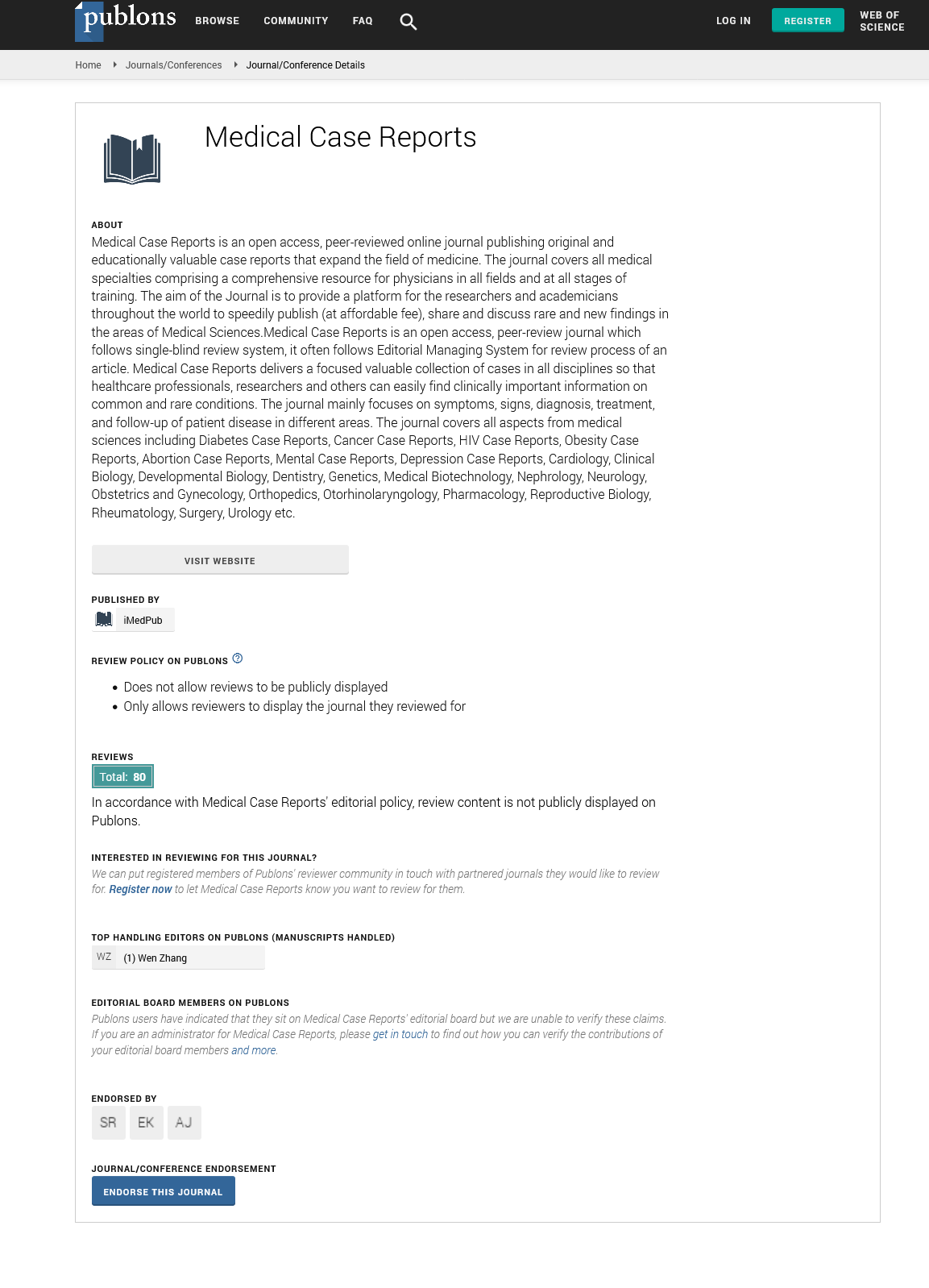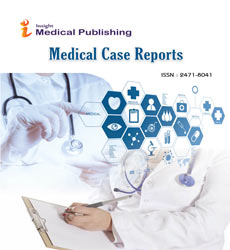Abstract
Cost and Clinical-Effectiveness of Implementing Integrated Services for Children with Epilepsy in Primary Care in an Outreach District in Pakistan
Background: In order to tackle the considerable treatment gap for childhood epilepsy in many low- and middle-income countries (LMICs), a task sharing model is recommended whereby care is integrated into primary health services in outreach financially constrained districts. However, there are limited data on implementation and impact of such services in poor settings. Our study aimed to explore the perspectives of service users on the clinical-effectiveness and cost-effectiveness of childhood epilepsy treatment received in a task-shared model in an outreach-financially constrained district Bhakhar-Pakistan.
Methods: A qualitative interventional case control study was carried out using the center records and interviews with 240 children with epilepsy (160 being followed at the community childhood epilepsy center and 80 (control) receiving care as usual). Most of the care received was focused on medication provision with limited information provided on how to manage their illness and its effects.
Results: Among the children getting free AEDs and monthly pediatric neurology consultations, AEDs adherence of 85% and treatment gap of 20% was documented. In comparison the children receiving epilepsy treatment care as usual (control), had AEDs adherence 38% and childhood treatment gap was 82.5%. Childhood epilepsy treatment from local community center was 202 times cost-effective as compared to such treatment from Lahore. By integration and implementation of childhood epilepsy center in primary health financial constraints and issue of childhood epilepsy treatment could be easily sorted out.
Conclusion: Task-sharing improved the overall care of childhood epilepsy. Nonetheless, promotion of community involvement and family engagement were highlighted as areas requiring further improvement. Future work on implementing epilepsy care model in primary care in LMIC contexts is warranted.
Author(s):
Muhammad Akbar Malik, Arshad Rafiq and Omar Virk
Abstract | Full-Text | PDF
Share this

Google scholar citation report
Citations : 241
Medical Case Reports received 241 citations as per google scholar report
Medical Case Reports peer review process verified at publons
Abstracted/Indexed in
- Google Scholar
- China National Knowledge Infrastructure (CNKI)
- Cosmos IF
- Directory of Research Journal Indexing (DRJI)
- WorldCat
- Publons
- Secret Search Engine Labs
- Euro Pub
Open Access Journals
- Aquaculture & Veterinary Science
- Chemistry & Chemical Sciences
- Clinical Sciences
- Engineering
- General Science
- Genetics & Molecular Biology
- Health Care & Nursing
- Immunology & Microbiology
- Materials Science
- Mathematics & Physics
- Medical Sciences
- Neurology & Psychiatry
- Oncology & Cancer Science
- Pharmaceutical Sciences


